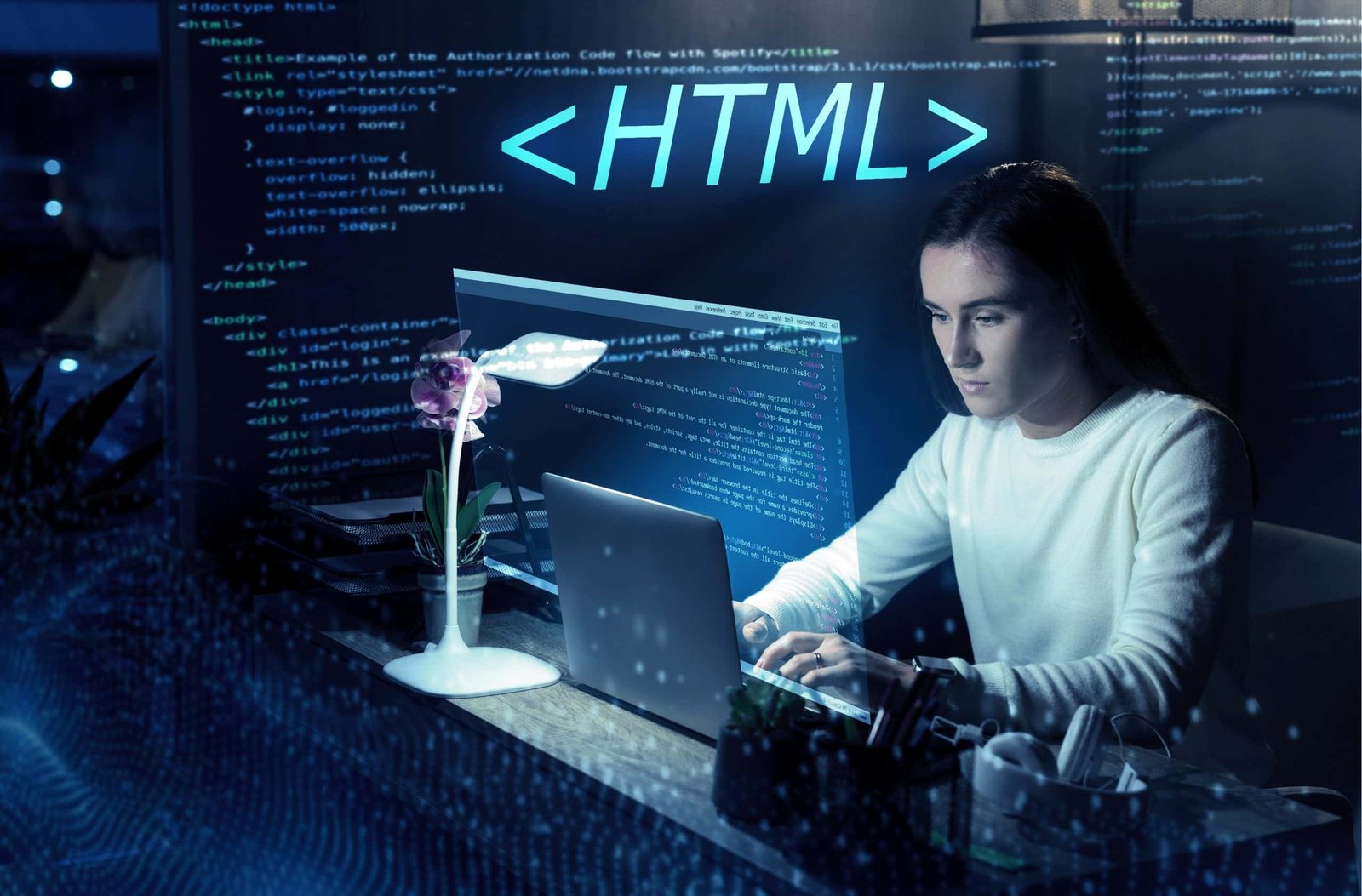Summary: Learn Python efficiently with free and paid resources. Start with beginner courses on Pickl.AI and Data Flair, advance with MyGreatLearning and Educba, and consider certifications to boost your career.
Introduction
Python, a renowned programming language known for its simplicity and versatility, has garnered immense popularity worldwide and is emerging as one of the most sought-after programming languages. Its universal appeal extends to both novices without any prior programming experience and adept developers eager to augment their skills.
Delving into the realm of Python is a good investment. It assures beneficial outcomes for your allocation of your valuable time and dedication. In this comprehensive article, we shall navigate through various approaches to Python proficiency. These invaluable insights shall serve as your guiding compass as you embark upon the remarkable odyssey of mastering Python.
Read Blog: Mojo programming Language for AI.
What is Python?
Python is a popular programming language in the developer community. Its compact syntax and remarkable legibility make it powerful. Devised by the esteemed Guido van Rossum and unveiled in 1991, Python has rapidly become a universal choice across diverse web development, data analysis, and artificial intelligence realms.
Its inherent flexibility knows no bounds, and with its widely growing use cases, individuals are now actively enrolling in Python for data science courses. These courses are designed to provide a complete overview of Python Programming and its applications.
How to Learn Python Step-by-step
The best way to learn Python is to begin with enrolment for the best Python programming course provider. In addition, you can also look for a free online Python course for beginners with a certificate.
A professional certification course in Python will expose you to Python’s syntax and core concepts, which should eventually lead you to proficiency. Also, there are several benefits of learning Python. Here are some initial steps to help you along:
- Learn Fundamental Principles: The best way to learn Python is to take online courses on fundamentals such as loops, variables, data types, etc., from beginner-oriented platforms.
- Practice through challenges: Knowledge assimilation solidifies best through practical use; thus, try solving coding problems on platforms like LeetCode or Project Euler.
- Apply what You’ve Learnt: Undertaking small projects like building web scrapers or automation scripts helps consolidate knowledge and boost confidence.
- Delve Deeper through Libraries: Python’s widespread usage has led to an expansion in modules such as NumPy (for numerical computations), Pandas (for data manipulation), Matplotlib(for visualisation ), etc., which offer efficient ways of achieving tasks.
- Join/Become Part of the Community: Regarding the best way to learn Python, platforms like Reddit/Stack Overflow/Python.org can help connect with other developers who share links/events that enrich one’s practical knowledge/networking.
- Read the Official Documentation: Finally, Python has comprehensive official documentation that provides crucial information needed to deepen one’s understanding of its working mechanism; the document comprises references, examples, and explanations of all its modules, making it a reliable go-to source in times of confusion or difficulty.
How to Get Certified in Python
While not mandatory, when it comes to the best way to learn Python, it’s worth considering obtaining a certification in Python to reinforce your credibility and enhance your career prospects. Here are some options:
Consider the globally recognised certifications from the Python Institute, such as its Certified Associate or Professional level certificates. The latter validates advanced knowledge of coding skills, focusing on problem-solving capabilities that come with years of experience.
Alternatively, you could opt for Microsoft’s Technology Associate program, which features exams covering basics like syntax understanding and testing comprehension of various data types commonly used within this popular programming language.
Coursera or edX also offer excellent certified courses on Python for those tempted to enter IT or finance-friendly professions. Adding coding certificates to one’s CV can open up better job opportunities. Coding expertise will always be an added advantage if you are willing to penetrate within established tech communities worldwide.
Best Resources to Learn Python
Knowing the best resources to learn Python is essential for anyone looking to master the language effectively. Here are some highly regarded free and paid resources that can assist learners in understanding Python programming from scratch.
Pickl.AI
An excellent example is Pickl.AI, which offers the best online Python course with a certificate. It provides an interactive tutorial featuring Python exercises for beginners and those with some experience in this programming language. With a free introductory course and premium subscriptions for added content and features, the platform can be a valuable resource for learning Python programming.
MyGreatLearning
It offers a comprehensive Python course covering beginner-level fundamentals and more advanced topics. The course is intelligently laid out with interactive learning modules, expert guidance, and projects. Although it incurs a fee, it most definitely provides a high-quality education for those interested.
Data Flair
For those seeking extra guidance on their journey to learning Python basics through advanced data analysis techniques, web scraping, and machine learning, Data Flair may be an ideal pick as they offer freely accessible tutorials, articles, and quizzes catered towards covering the vast majority of potential needs when tackling the language.
Educba
It provides access to a rigorous paid Python certification course in which exercises are explained through video lectures. The curriculum covers time-saving algorithm implementation methods and many other areas, including web development; it is beneficial because they also devote material specifically towards applying machine learning algorithms within Python code.
Frequently Asked Questions
What is the best way for beginners to learn Python?
Start with free online courses like those on Pickl.AI and Data Flair. For more advanced learning, enroll in paid courses from MyGreatLearning or Educba. Practice coding regularly and join Python communities for support.
How can I get certified in Python?
Consider certifications from the Python Institute or Microsoft’s Technology Associate program. Platforms like Coursera and edX also offer certified Python courses. Certifications enhance career prospects and validate your coding skills.
Are there free resources to learn Python effectively?
Free resources include Pickl.AI, Data Flair, and various online tutorials. These platforms offer interactive lessons and exercises to build foundational and advanced Python skills without cost.
Conclusion
While lacking previous programming experience can feel intimidating when starting a Python learning journey, it’s a readily achievable goal. The best way to learn Python is through a structured learning style and hands-on practice.
Mastering the language, aided by an extensive range of available resources, will allow individuals to unlock new opportunities within diverse industries.
Consistency and perseverance are crucial when establishing expert proficiency in this programming language—it’s important to designate specific study times and consistent practice while engaging with the wider Python Community for additional support as necessary!
Whether you choose via free offerings such as Pickl.AI and Data Flair or invest in paid programs like MyGreatLearning and Educba, the journey towards success in all things Python is attainable.






